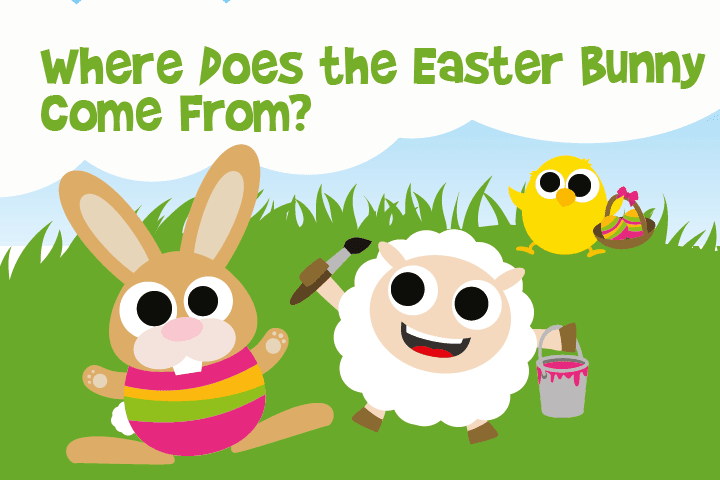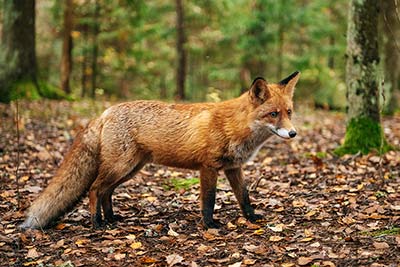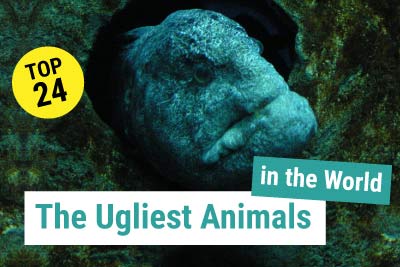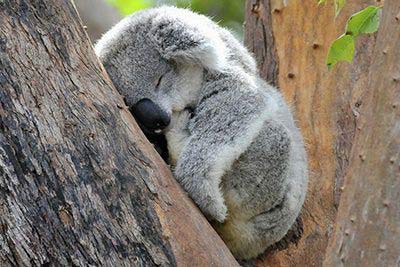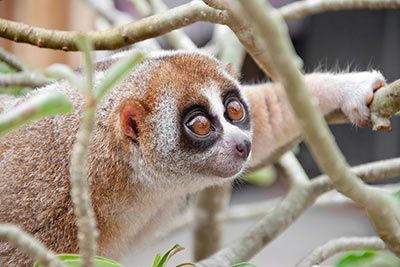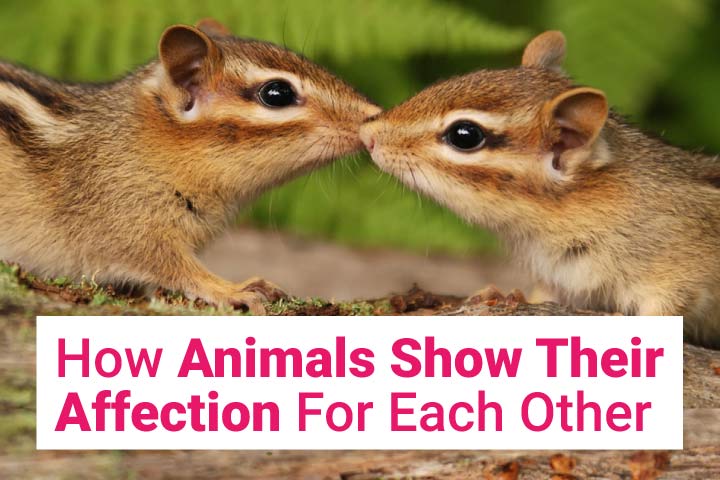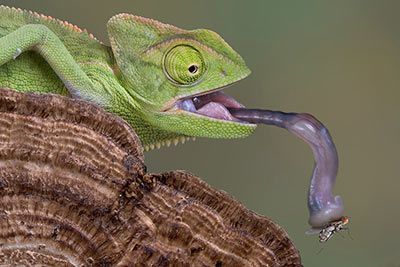Where Does the Easter Bunny Come From?
At Easter, you see colorful Easter eggs all around. They stand for fertility and life. But what’s the bunny got to do with it?
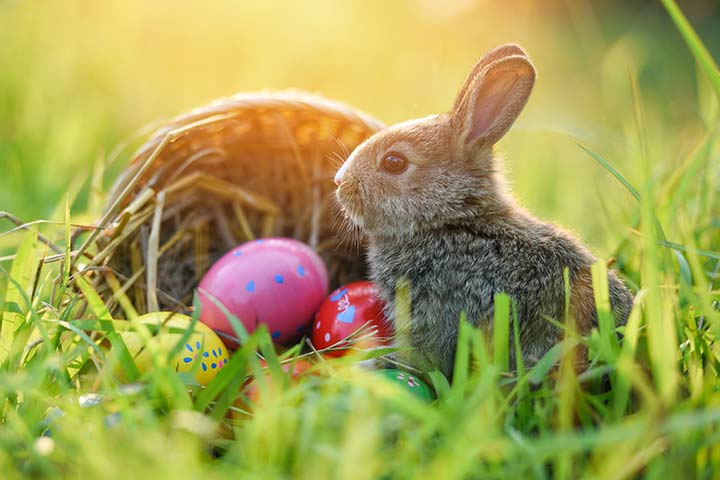
What's the Origin of the Easter Bunny?
There are many stories about where the Easter Bunny originated. Here are the five origin stories that are most likely:
Failed Easter Breads
At Easter, the supermarkets are full of delicious chocolate eggs and chocolate bunnies. Have you noticed that bakers also have lots of tasty treats on offer for Easter? As well as fun muffins and cakes, they often have Easter breads. This is traditionally shaped like a little lamb. An old legend says that an Easter bread lost its shape in the oven and came out looking like a bunny. Maybe this is where the Easter bunny came from? But it doesn’t explain why the Easter bunny brings eggs ...
Hidden Object Game
Easter is in spring. Lots of animals have their young at this time, just like rabbits. They often hop into people’s gardens in winter because there’s no more food left in the woods. They fly through the grass like lightening. You’ve hardly seen them, then they’re gone. Just the right “scapegoat” for parents wanting to make a fun game out of finding Easter eggs and take the focus off them (sounds a bit like Santa). Hmm, wonder if that’s right.
Symbol of a Greek Goddess
Once upon a time ... there was a Greek fertility goddess called Aphrodite. Her symbol was a rabbit - but also lots of other animals (doves, swallows, swans etc.). The Anglo-Saxon goddess of spring, Ostara, should be related to the Easter bunny just based on her name. Her symbols were the rabbit and the egg. But: it’s not certain if she existed.
Moon Animal
Take a look at the stars! Easter traditionally takes place on the first full moon after the start of spring. And look: the Easter bunny is also a moon animal. With a lot of imagination, it’s said that you can see a rabbit lying down in the moon. So, take a look!
Money
In the Middle Ages, Maundy Thursday was the day when land tax had to be paid. Farmers were often very poor and, if they couldn’t pay, would try to pay their tax with eggs and rabbits. So that could be where Easter eggs and bunnies came from.
Conclusion
It’s still not completely clear where the Easter bunny really comes from. There are lots of myths, legends and even scientific theories but not a lot more. What do you think? Here at animalfunfacts.net, we just think that chocolate Easter bunnies are delicious!
When Is Easter in 2024?
Easter Sunday is on March 31st, 2024.
Fun Facts
While we’re talking about Easter animals...
Before the Easter bunny became an Easter “celebrity”, there was an array of other animals known as the bringers of Easter:
- The Easter fox in Westphalia (Germany)
- The Easter stork in Thuringia (Germany)
- The Easter chicken in Bohemia (Germany)
- The Easter chick (Switzerland)
